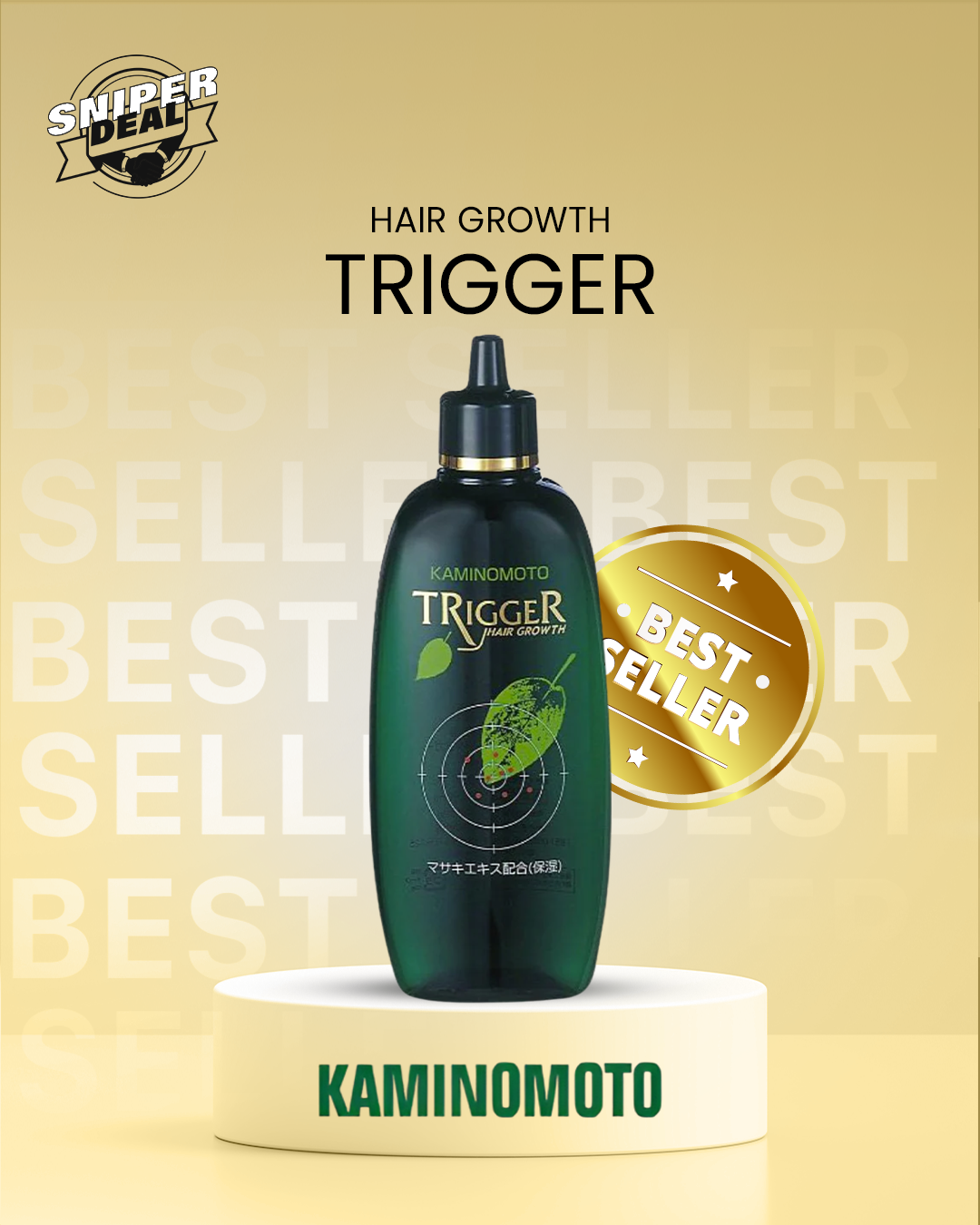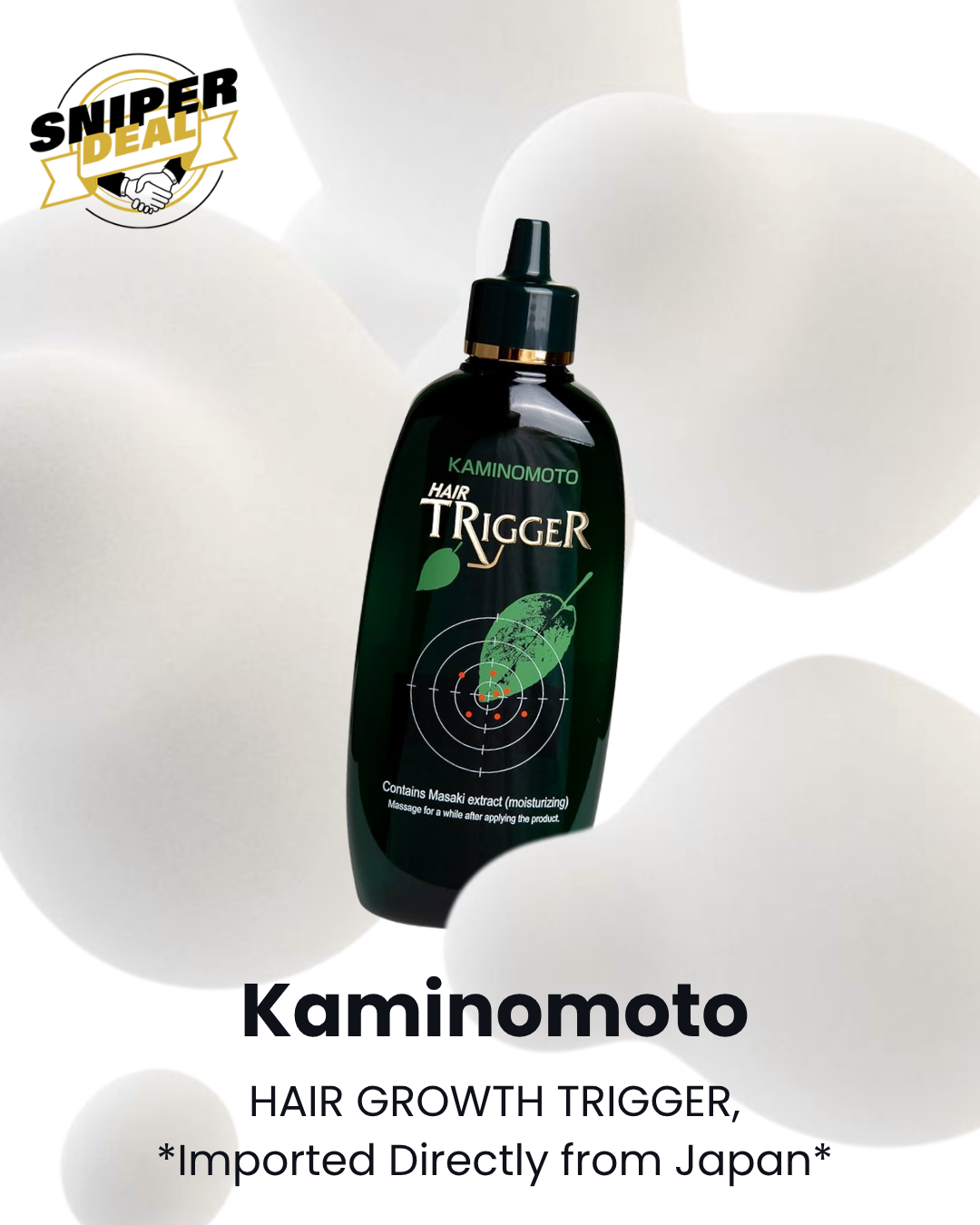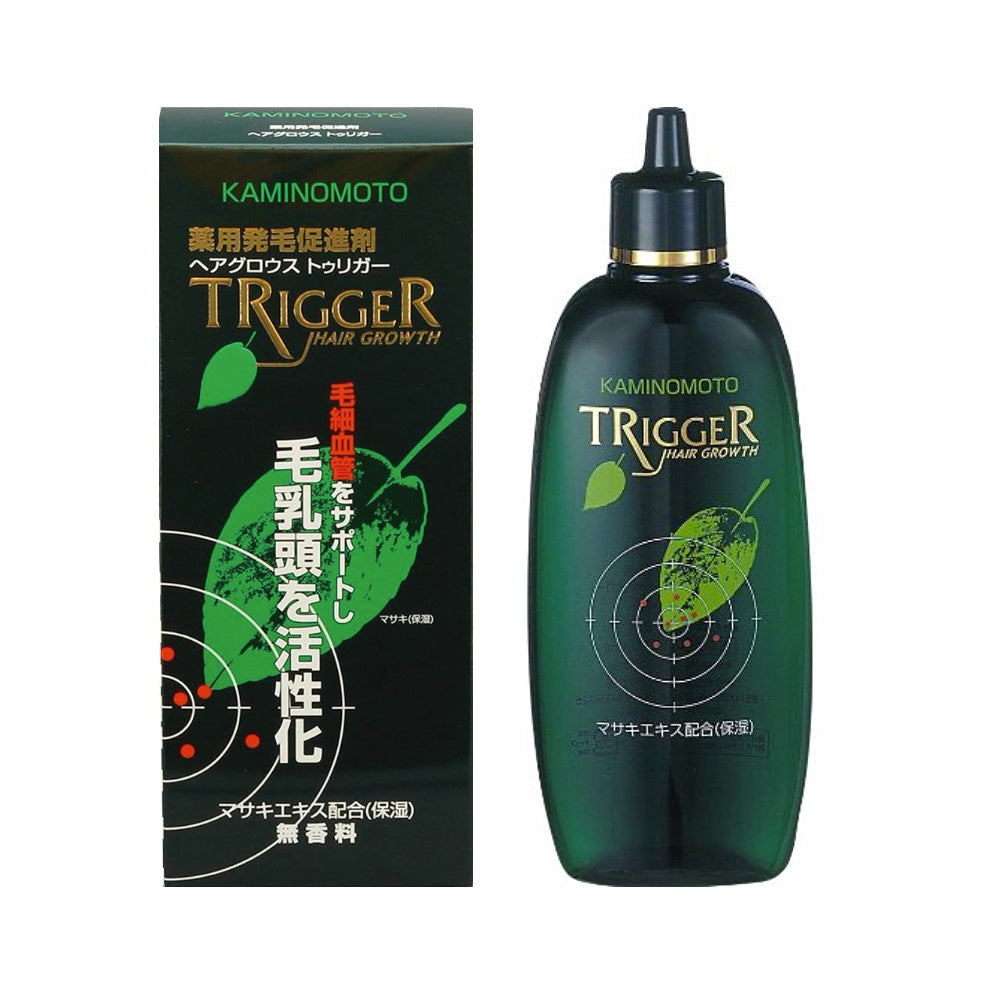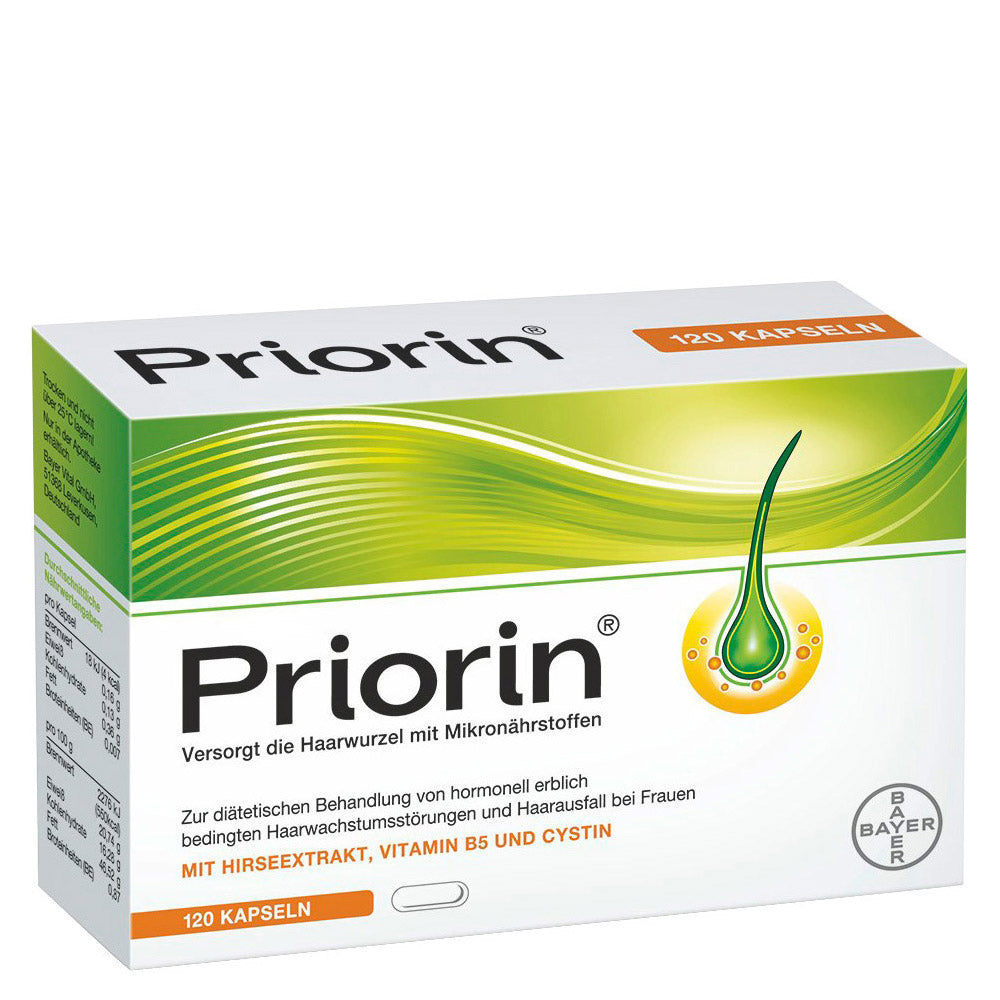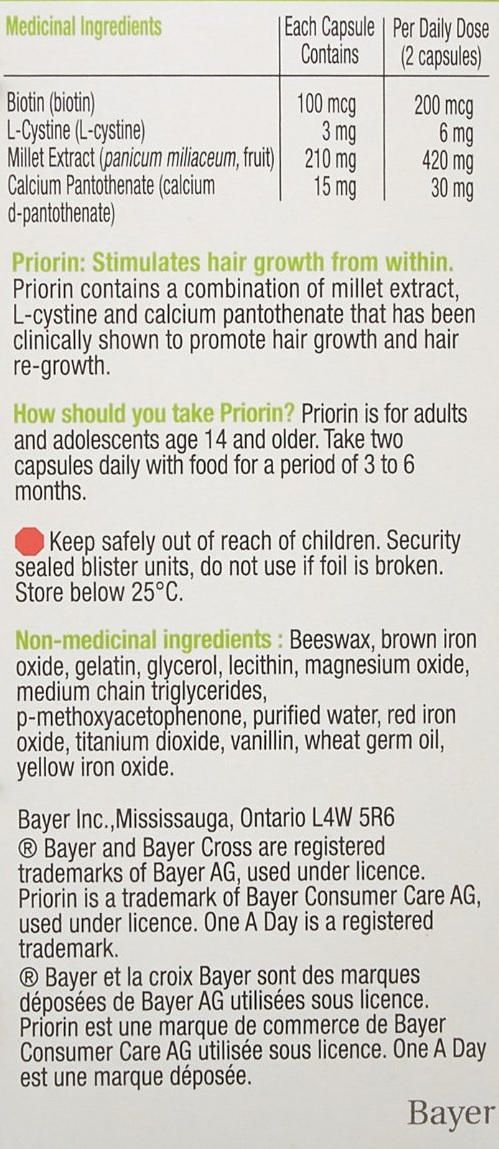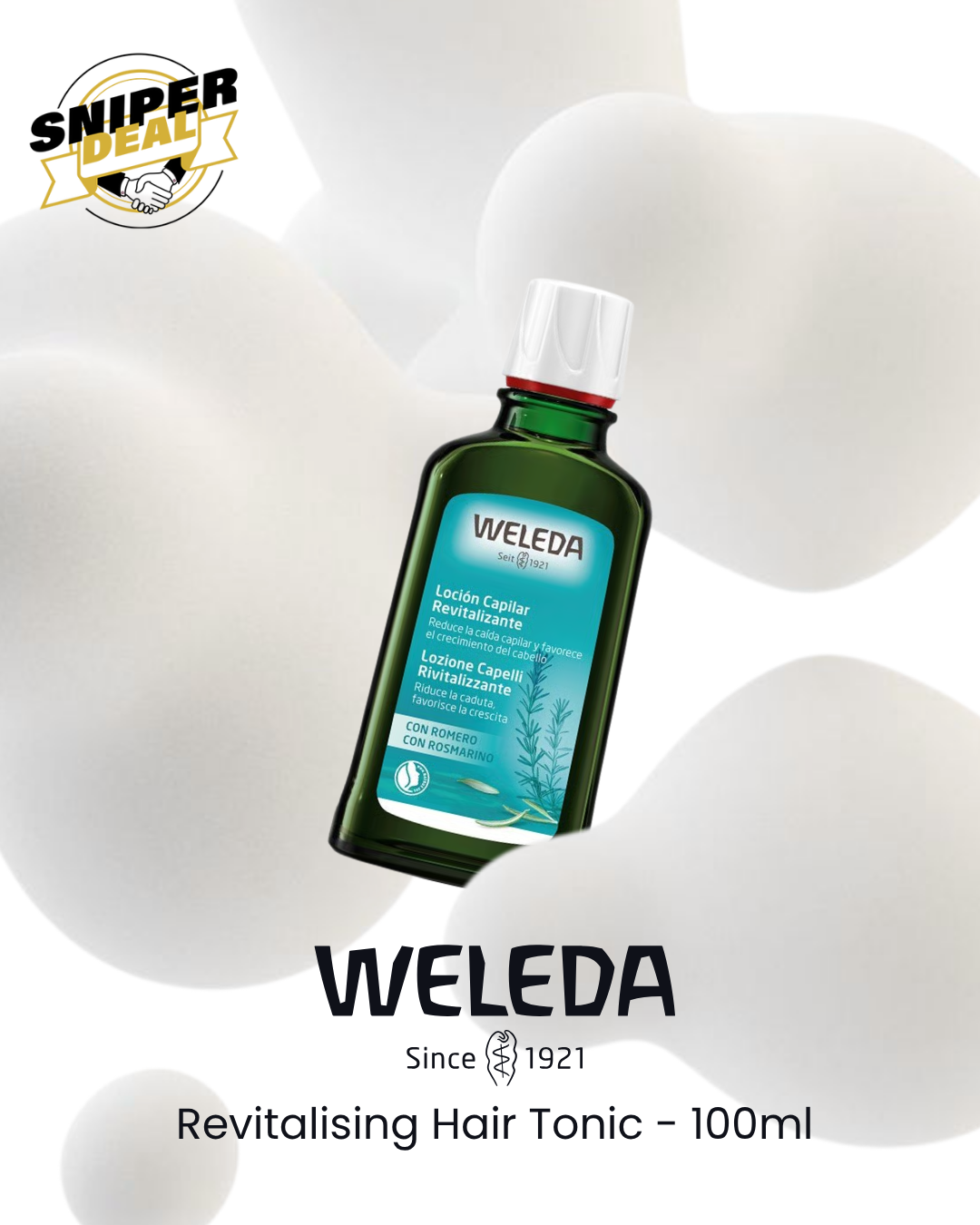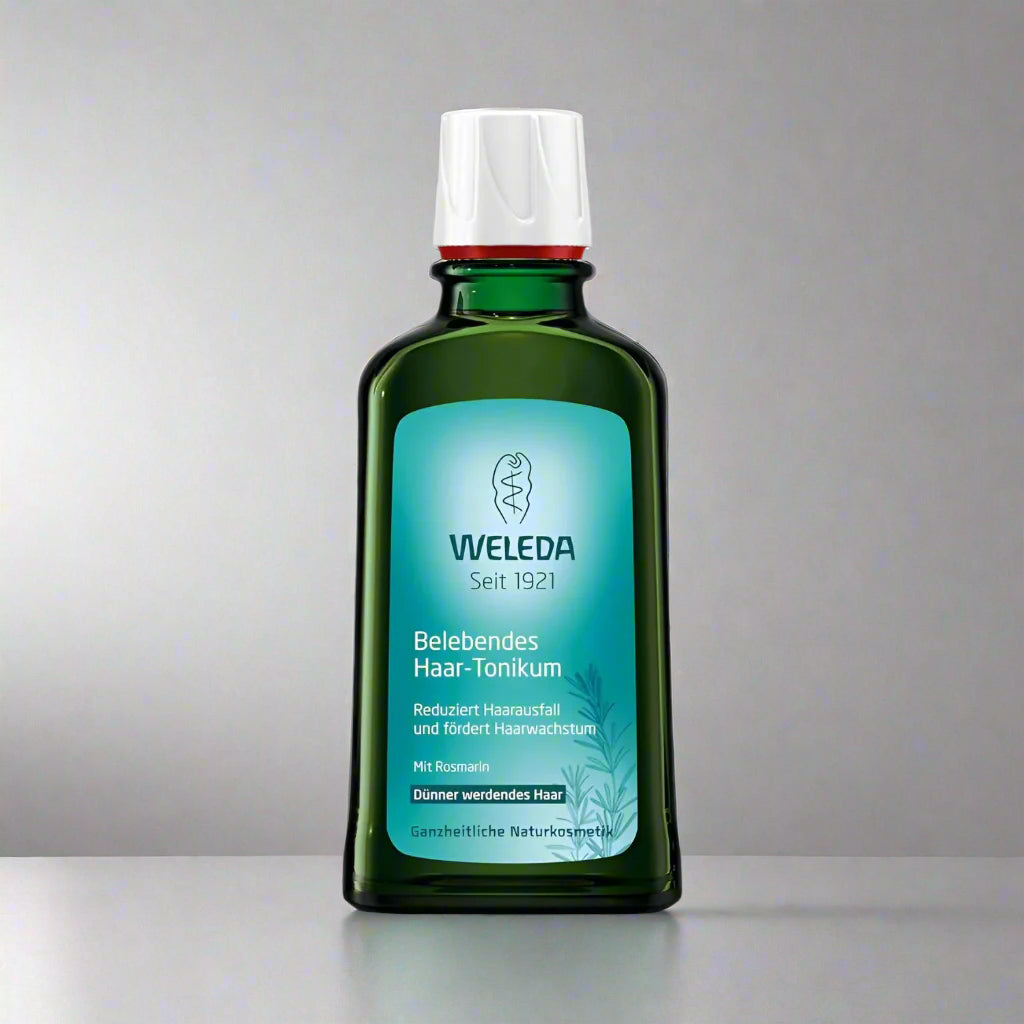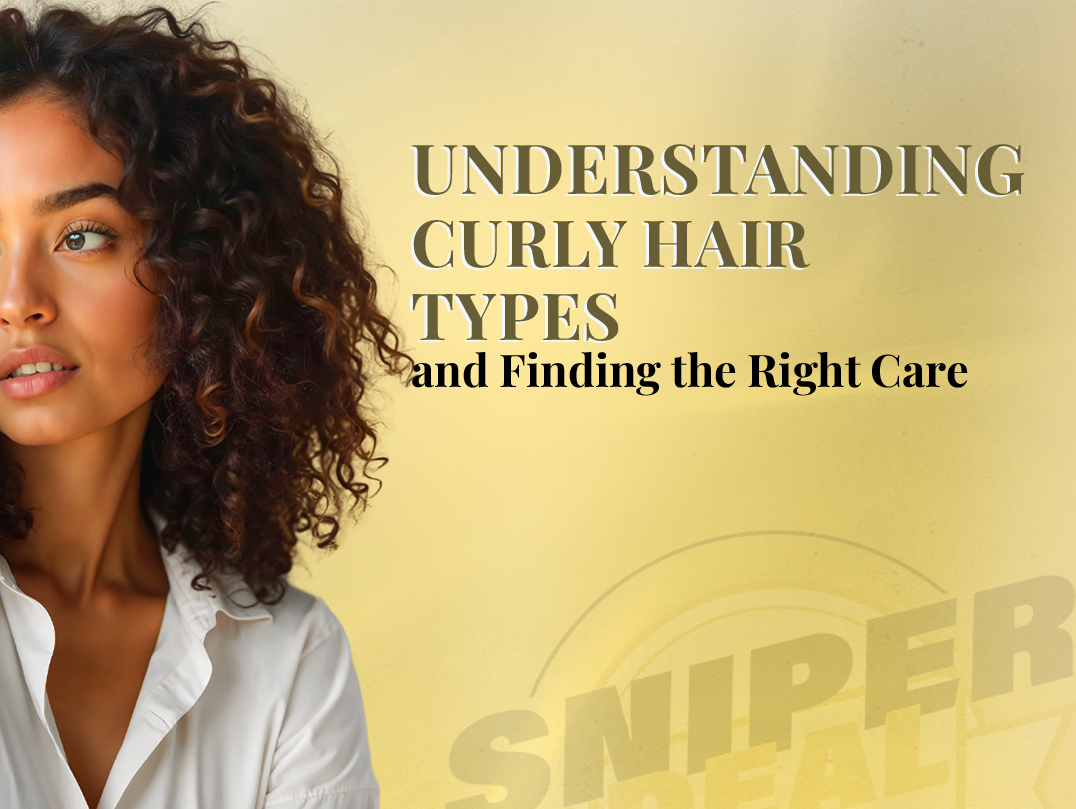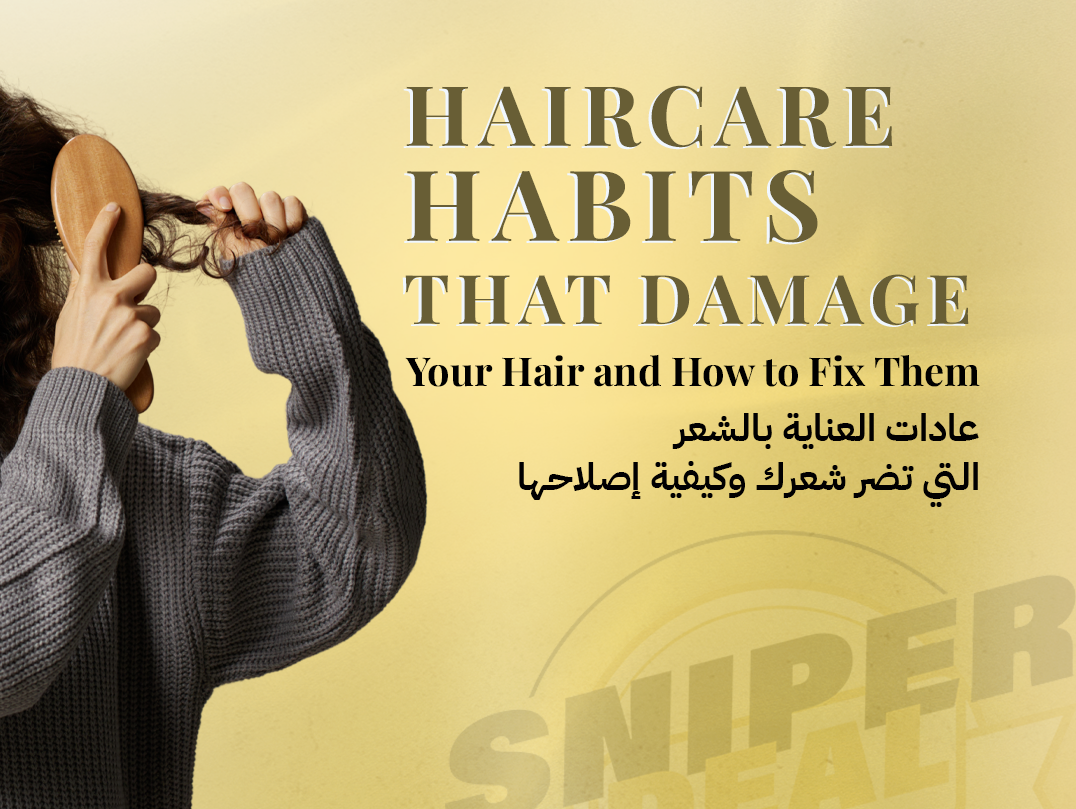
Have you noticed your hair falling more often on your pillow or hairbrush, you’re not alone! many are facing the same problems. Hair fall can have an emotional impact on your life and daily confidence, The truth is, there are many causes of hair fall, and understanding what's behind it is the first step toward effective treatment. From medical conditions to everyday habits, your hair health reflects your overall well-being. In this blog we’ll explore how to prevent hair fall and causes of hair fall.
If you're noticing excessive shedding or thinning strands, the first and most effective step is to make an appointment with a board-certified dermatologist. These experts are specially trained to diagnose and treat conditions affecting the skin, hair, and nails. They can help identify the underlying causes of hair fall and provide a personalized hair fall treatment plan that may involve medications, topical solutions, or lifestyle changes. The sooner you address the issue, the better your chances of restoring healthy hair growth.
When it comes to day-to-day care, thinning or falling hair requires extra gentleness. Here's how to prevent hair fall and minimize damage to already fragile strands:
1- Tips for preventing hair fall
1- Use a gentle hair fall shampoo: Harsh shampoos can strip away natural oils, making your hair even more prone to breakage. Opt for a hair fall shampoo that is sulfate-free and designed to nourish the scalp.
2- Always follow shampooing with a moisturizing conditioner: Conditioner helps to coat the hair shaft, reducing split ends and breakage.
3- Apply a hair mask for hair loss at least once a week: A good hair mask for hair loss provides deep hydration and strengthens the roots. Look for masks with ingredients like keratin, biotin, or essential oils.
4- Use a leave-in conditioner or detangler: These products help manage frizz and reduce the mechanical stress caused by brushing or combing and therefore preventing causes of hair fall.
5- Dry your hair gently: How to prevent hair fall can be a small fix so instead of using a standard towel, wrap your hair in a microfiber towel to absorb moisture quickly and reduce friction which ultimately prevents hair fall
6- Avoid heat treatments: Hot oil treatments, curling irons, flat irons, and blow dryers can damage fragile hair. If you must use heat, opt for the lowest heat setting and always use a heat protectant spray.
7- Avoid chemical processes at home: Coloring, perming, straightening, and relaxing should be done only in professional salons that specialize in such treatments. These professionals can assess your scalp and choose products that won’t increase hair fall.
8- Don’t wear tight hairstyles: Constantly wearing your hair in ponytails, braids, buns, or cornrows can cause traction alopecia, a type of hair loss due to pulling. This condition can become permanent if not addressed early.
9- Avoid hair-pulling habits: Frequently twisting or pulling at your hair can lead to increased shedding and breakage. That's why you should be gentle with your hair to prevent causes of hair fall.
10- Be gentle while brushing: Use a wide-toothed comb and avoid tugging at knots or tangles.
11- Stop smoking: Smoking contributes to overall inflammation in the body and may worsen hair thinning.
12- Maintain a nutritious diet: Poor nutrition is one of the major causes of hair fall. A lack of iron, protein, or other essential nutrients can contribute to thinning hair. Eating too few calories can also trigger hair shedding.
13- Take the right vitamin for hair loss: Before jumping to supplements, consult your doctor. A simple blood test can reveal if you're deficient in key nutrients like biotin, iron, zinc, or vitamin D, which are commonly recommended as vitamins for hair loss.
14- Explore the best oil for hair loss: Regular oiling can stimulate blood circulation in the scalp and nourish hair follicles. The best oil for hair loss includes ingredients like castor oil, rosemary oil, argan oil, and coconut oil. Massage the oil gently into your scalp and leave it in for a few hours before washing.
2. What Are the Causes of Hair Fall?
Understanding the causes of hair fall is critical to choosing the right hair fall treatment. Hair goes through natural cycles of growth, rest, and shedding. On average, losing up to 100 strands a day is normal. However, noticeable thinning, bald patches, or sudden heavy shedding may signal a deeper issue.
Here are common reasons why people experience hair fall:
-
Medical conditions: Disorders like alopecia areata, scalp infections (such as ringworm), and trichotillomania (a compulsive hair-pulling disorder) can be causes of hair fall
-
Hormonal changes: Pregnancy, childbirth, menopause, and thyroid imbalances can all disrupt the hair growth cycle, leading to increased shedding.
-
Medications and supplements: Drugs used for cancer, arthritis, high blood pressure, and depression are known to list hair fall as a side effect.
-
Radiation therapy: Patients undergoing cancer treatment often experience hair loss as a result of radiation damaging hair follicles.
-
Stress: Both emotional trauma and physical stress (such as major surgery or rapid weight loss) can cause a condition called telogen effluvium, where hair prematurely enters the shedding phase.
-
Nutritional deficiencies: Not getting enough protein, iron, or key vitamins can weaken hair structure. A poor diet often results in brittle, lifeless hair prone to breakage and shedding. Addressing this with a vitamin for hair loss or diet changes can be effective.
-
Hair care practices: Using excessive heat, harsh chemicals, or tight hairstyles damages the hair shaft and follicles. Over time, these habits can be causes of hair fall.
-
Lifestyle factors: Smoking, high alcohol intake, poor sleep, and dehydration can indirectly affect hair health by disrupting hormonal balance and reducing blood circulation to the scalp.
If you're experiencing persistent or unexplained hair fall, it’s essential to see a dermatologist. With early intervention and a combination of medical care and gentle hair practices, ike choosing the right hair fall shampoo, using the best oil for hair loss, and applying a nourishing hair mask for hair loss, you can significantly improve the condition of your hair.

